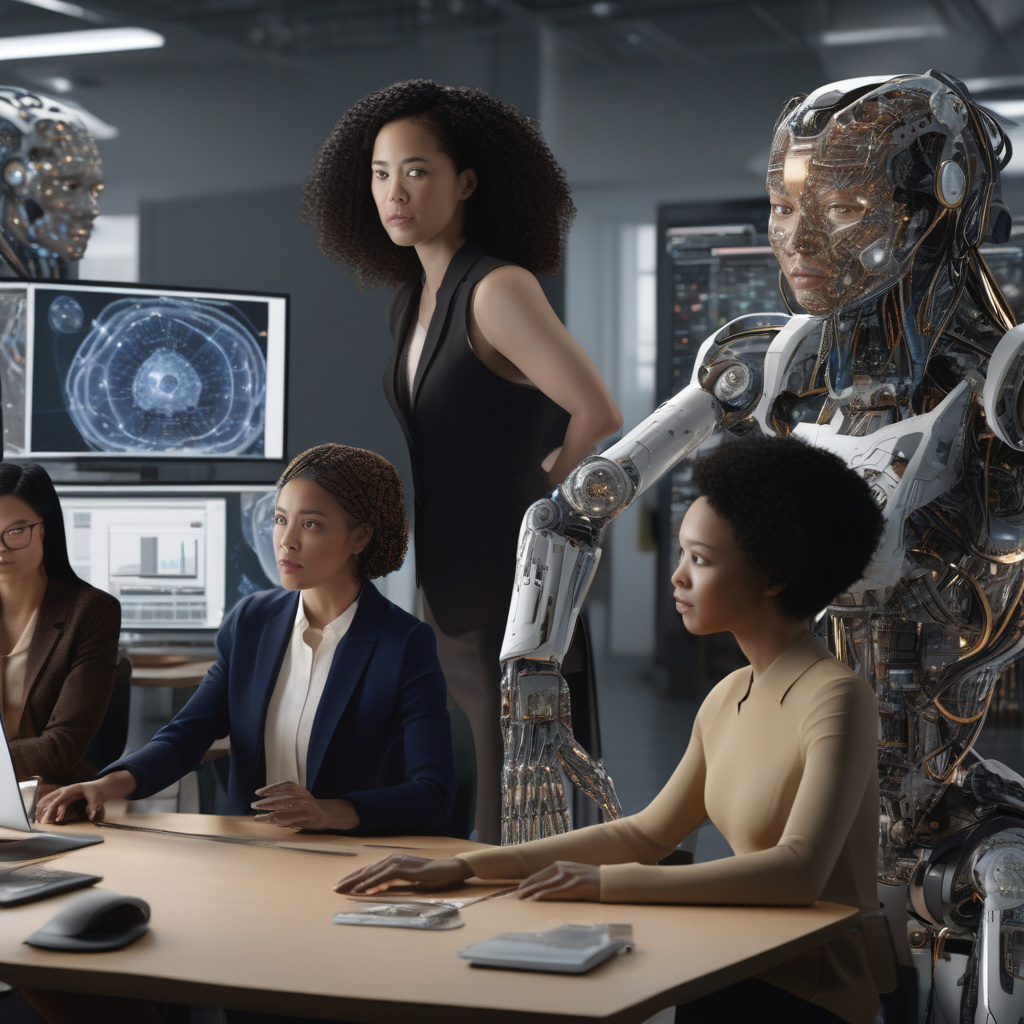In the realm of artificial intelligence, Generative AI stands out as a fascinating frontier where machines exhibit creativity and innovation. These computer models possess the remarkable ability to produce text, images, music, and even website code after in-depth study. In essence, Generative AI goes beyond traditional AI systems that primarily analyze data or perform predefined tasks.
One of the key distinguishing features of Generative AI is its capacity to generate content autonomously. For instance, it can write articles, compose music, or create realistic images from scratch. This capability is made possible through techniques such as neural networks and deep learning algorithms, which enable machines to learn patterns and create new content based on the data they have been trained on.
Generative AI has found applications in various fields, from art and design to content creation and software development. For example, in the field of art, Generative AI has been used to generate unique paintings, sculptures, and digital artworks. In content creation, it can assist writers in generating ideas, drafting articles, or even creating entire narratives.
Moreover, Generative AI is increasingly being used in website development to automatically generate code based on design preferences or specific requirements. This streamlines the web development process, enabling developers to focus more on the creative aspects of design rather than repetitive coding tasks.
One of the most well-known examples of Generative AI is OpenAI’s GPT-3 (Generative Pre-trained Transformer 3) model. GPT-3 is a language model that can generate human-like text based on a prompt provided to it. It has been used for various applications, including chatbots, content generation, and even coding assistance.
Despite its impressive capabilities, Generative AI also raises ethical concerns, particularly around the potential misuse of generated content such as deepfakes or misinformation. As Generative AI becomes more advanced, it is crucial for developers and users to implement safeguards and ethical guidelines to prevent misuse and ensure responsible use of this technology.
In conclusion, Generative AI represents a significant advancement in the field of artificial intelligence, enabling machines to create content autonomously across various domains. As this technology continues to evolve, it offers exciting possibilities for innovation and creativity while also necessitating careful consideration of ethical implications and responsible use. So, next time you come across a piece of art, music, or even code created by AI, remember the creativity and ingenuity of Generative AI behind it.

